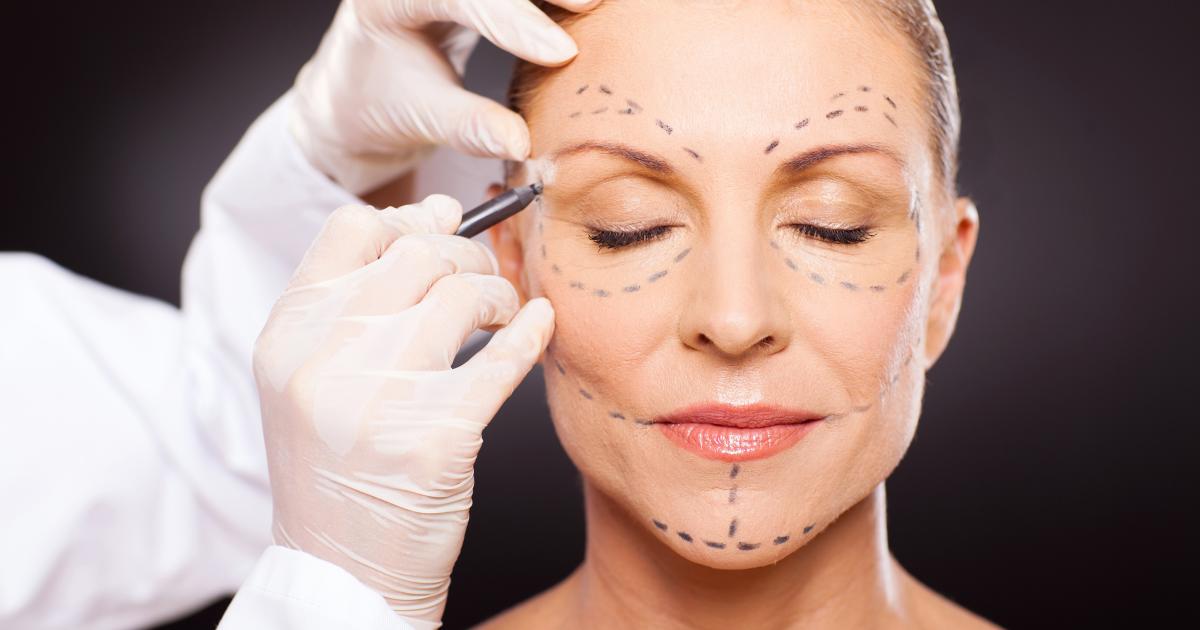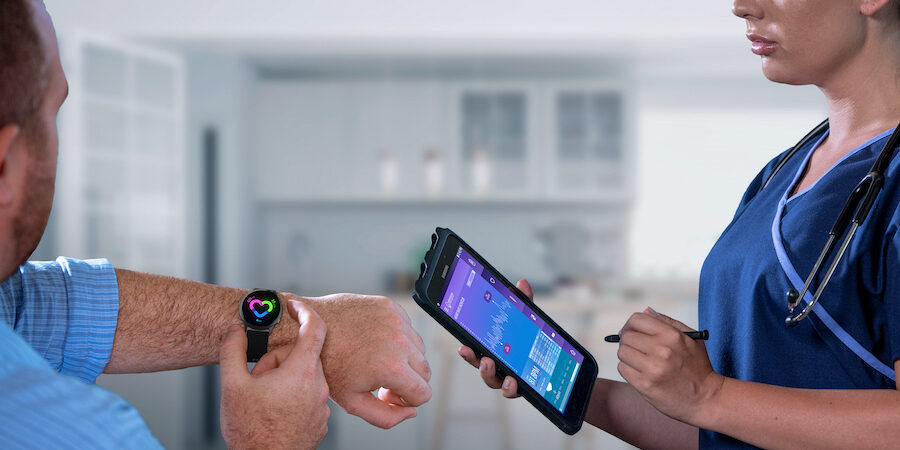
Dental emergencies are well known to strike at any time, causing severe soreness, inconvenience and distress.
When faced with a sudden dental issue, knowing where to turn for immediate assistance is crucial. That’s where emergency dental care comes to the rescue. Emergency dental teams specialise in promptly addressing urgent dental problems, providing swift relief, and preventing further complications.
In this article, what emergency dentistry entails, common dental emergencies, and why having access to emergency dental care is essential will be explored, so you can see why a trip to your emergency dentist Gordon is something that you shouldn’t run from if you need it.
Table of Contents
What Is Emergency Dentistry?
Emergency dentistry focuses on providing urgent dental care when unexpected oral health issues arise. Unlike routine dental visits, which are scheduled in advance, dental emergencies demand immediate attention. Emergency dentists are trained to handle a wide range of urgent dental problems, including severe toothaches, knocked-out or fractured teeth, abscesses, and oral injuries. These professionals are available outside regular office hours, often during evenings, weekends, and holidays, to ensure patients receive timely treatment.
Common Dental Emergencies
Several dental conditions qualify as emergencies, requiring prompt attention to alleviate pain and prevent further damage. However, some of the most commonly reported ones can be surprising, so read on to learn about emergencies and how they can be present.
Severe Toothache
Persistent and intense tooth pain can indicate an underlying issue like a dental infection or decay.
Generally speaking, a toothache that is persistent will likely negatively impact your ability to eat food, sleep, or even concentrate and can range in sensation from a throbbing or pulsating feeling underneath the tooth to a sharp stabbing pain on top of the tooth or both when pressure is applied. In any case, if you have a severe toothache, you should immediately seek out the help of an emergency dental team to diagnose the cause of the pain and provide appropriate treatment.
In most cases, a toothache is due to a dental abscess, which will require either a root canal or a full dental extraction.
Knocked-Out Tooth
If a tooth gets completely dislodged due to an accident or injury, immediate action is crucial in order to save the tooth. Many people are surprised to learn that if they attend an emergency dental centre, usually within an hour of losing their tooth, it can be reattached successfully, although some splinting to the surrounding teeth may be required. Be sure to preserve the tooth in milk or saliva and seek emergency dental care immediately to increase the chances of successful reattachment.
Do not wash the tooth, even if it has been on the floor, as the application of water can kill the nerves and make reattachment impossible.
Fractured Or Chipped Tooth
Cracked or broken teeth can expose sensitive nerves, leading to excruciating soreness and potential infections. Most people forget that when a tooth is cracked or damaged that the underlayer of the dentine is exposed, and bacteria can then penetrate this layer and start to form an infection. Emergency dentists can assess the damage and restore the tooth using appropriate techniques, such as a composite filling crown or veneer.
Abscessed Tooth
Abscesses were mentioned earlier, but they are, without a doubt, one of the most common reasons why people will need emergency dental care. They can present as a sharp stabbing sensation, swelling in a set area in the mouth and discolouration of the gum tissue, turning it from pink to red or even blue.
As well as this, if you have a dental abscess, you may also have a bad taste in your mouth, or they may even be some pus present; not nice! Emergency dentistry helps alleviate the discomfort and treat the infection promptly, usually with antibiotics and a root canal.
Soft Tissue Injuries
Lacerations or tears to the lips, gums, tongue, or inner cheeks require immediate attention to control bleeding and prevent infection from setting in. Emergency dental teams can address these injuries and ensure proper healing via stitching or, if the wound is deep enough and the technology is available, even using lasers.
The Importance Of Emergency Dental Care
Having access to emergency dental care is vital for several reasons. Firstly, dental emergencies often involve intense pain, which can significantly impact an individual’s quality of life. Seeking immediate treatment allows for swift relief and reduces discomfort. Secondly, prompt intervention can prevent further damage to teeth or gums, preserving oral health, and potentially avoiding more extensive and expensive procedures down the line. Lastly, emergency dentists are equipped with the specialised knowledge, skills, and resources necessary to handle urgent dental situations efficiently and effectively.















